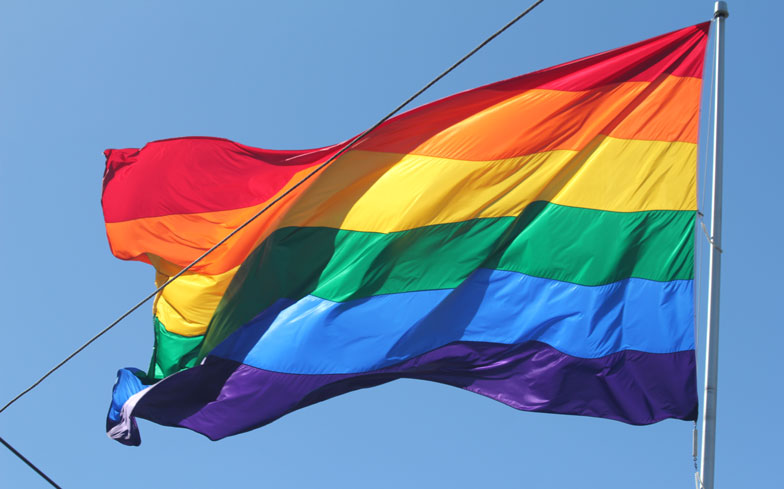
A huge majority of LGBTQ students who have enrolled into university in the UK are not being given adequate support, according to a new study.
The report – titled LGBTQ+ Student Mental Health – was compiled by Student Minds and is based on a survey completed by 467 students, graduates, and Student Union representatives.
It found that four out of five LGBTQ students said that they are struggling as they feel they are not being given enough support by their educational establishment.
It’s been widely documented that lesbian, gay and bisexual adults are more likely to face mental health issues, while 50% of trans people attempt to take their own lives.
But when seeking help, LGBTQ people are more likely to confide in friends, rather than parents, helplines, or professionals.
The study also found that 28% of the respondents said that they do not feel engaged their their university’s LGBTQ community, while 54% felt like they were unable to be involved with the wider LGBTQ community.
“Being a part of the LGBTQ+ community is an important factor in helping individuals build their resilience,” Dominic Smithies, co-author of the Student Minds report, told GSN.

© Quinn Dombrowski via Flickr
The report stated: “Respondents suggested that LGBTQ+ societies and representatives were not always warm, friendly and welcoming. The leadership of LGBTQ+ societies are seen as ‘cliquey’ and exclusive.”
The study also found that societies that put a focus on drinking alcohol and partying for their social events usually alienate students who are looking for a supportive space.
“There is a clear need for educational institutions to provide culturally competent and well-funded mental health support. Especially around body image, eating disorders and trauma,” said Eden Ladley, NUS LGBT+ Officer (Women’s Place).
“Students’ Unions also have a key role to play in facilitating the provision of LGBT+ peer support services. The NUS LGBT+ Campaign will be supporting LGBT+ societies in students’ unions to better provide that support.”
Elsewhere in this survey, nine in ten of the respondents want universities to provide a peer support programme, while many called out for institutions to prioritise LGBTQ groups that are often underfunded and lack support.
“Programmes of change are occurring nationwide, with increasing numbers of Vice-chancellors taking on mental health and wellbeing as a strategic priority,” said Rosie Tressler, CEO of Student Minds.
“LGBTQ+ students must be seen as an opportunity. Place them at the heart of the solutions – enabling all to thrive whilst at a university.”



